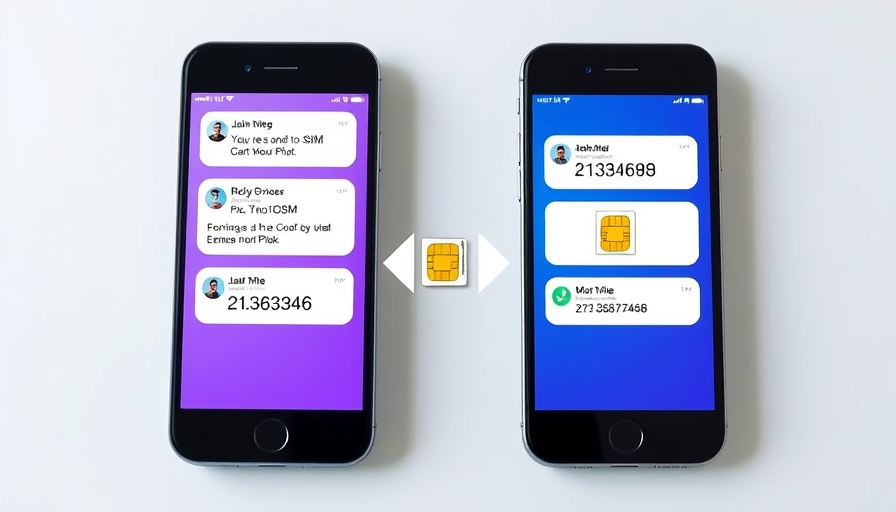
When Telecom Expectations Clash with Reality
In a world where seamless communication is key to both personal and professional interactions, many users are finding themselves at odds with their network provider. 9mobile, a major telecom operator in Nigeria, insists that SIM porting remains functional, even as numerous subscribers report difficulties – with the truth lying in various outages affecting service reliability across the country. The Public Relations lead of 9mobile, Chineze Amanfo, assures customers that they can still port out if desired, a claim that many find frustratingly untrue.
The Essential Role of SIM Porting
Mobile Number Portability (MNP), introduced in April 2013 by the Nigerian Communications Commission (NCC), was designed to foster competition and afford consumers the opportunity to switch carriers without losing their phone numbers. This service is crucial, particularly for users experiencing ongoing service issues. Nonetheless, effective porting relies on both the existing carrier and the new network functioning without interruptions—a factor that many 9mobile users currently contend with amid inconsistent network service.
User Experiences Highlight the Gaps
Breakdown stories from users like broadcaster Oloruntoba Yusuf illustrate the growing discontent. After two months of poor connectivity, attempts to port were unsuccessful, leading to abandonment of the service altogether. One has to wonder how these experiences affect overall brand trust in a competitive market where many alternatives exist. The tech-savvy, entrepreneurial audience—tech entrepreneurs and investors—need to consider not just the aspirations but the realities facing these telecom services as they invest in and innovate for the continent.
Future Prospects in the Telecom Sector
The ongoing negotiations between 9mobile and MTN Nigeria for a national roaming agreement could revolutionize user experience if successful. Utilizing MTN's infrastructure might address the persistent issues customers have faced. This situation serves as a microcosm of the broader challenges and opportunities within the African tech sector, especially for those interested in fintech and AI advancements. The outcome here could dictate trends, showcasing how operational inefficiencies can hinder the development of digital solutions, impacting the feasibility of smart city initiatives and e-governance.
As investors and innovators understand these dynamics, they have an opportunity to shape responses and solutions. Looking forward, the integration of technologies—such as blockchain for secure transactions or automation for efficient service delivery—could address trust and reliability gaps within telecommunications.
True transformation in telecom and beyond hinges on recognizing these challenges. Engaging with and solving them not only drives business growth but sets a foundation for the future of tech in Africa.
 Add Row
Add Row  Add
Add 


 Add Row
Add Row  Add
Add 

Write A Comment